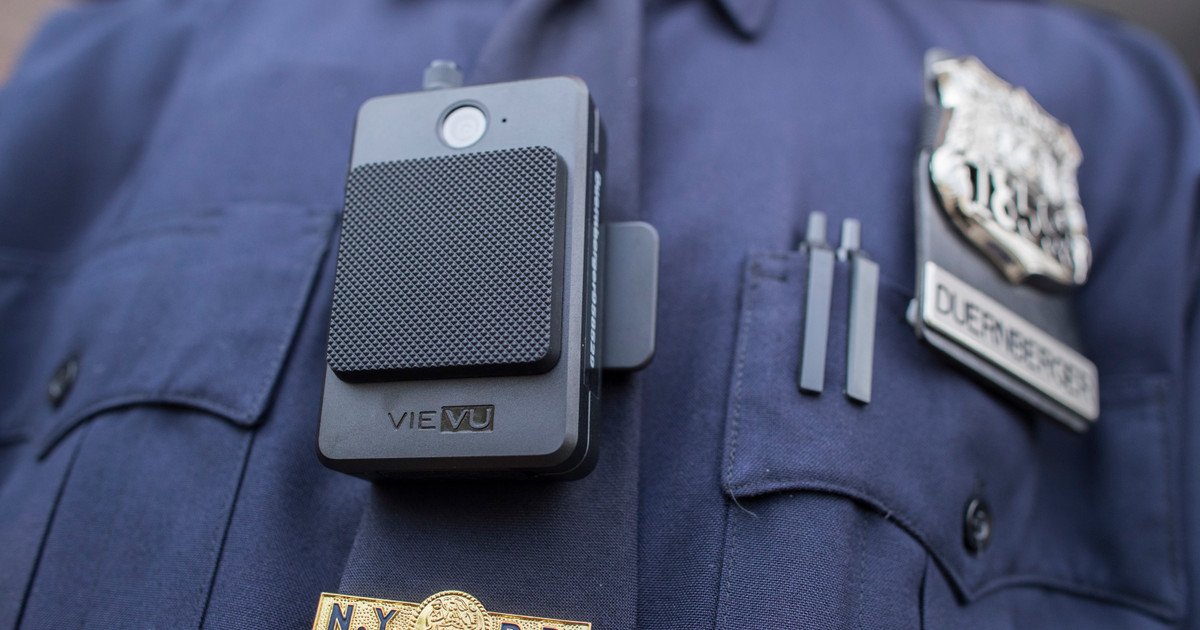ProPublica editor-at-large Eric Umansky started investigating police oversight after an NYPD officer hit a teenager with a car in 2019. In the years since, he’s learned how police departments have undermined the promise of body-worn cameras.
I got my first real lesson in police accountability in 2019 on Halloween. My wife, Sara Pekow, and our daughter had watched an NYPD officer drive the wrong way up a Brooklyn street and hit a Black teenager. The police had been chasing him as a suspect in the theft of a cellphone. When the boy rolled off the car and ran away, the officers turned their attention to other nearby Black boys who seemed to be simply trick-or-treating. The police lined them against the wall of our neighborhood movie theater, cuffed them and took them away.
At the time, I was editing coverage of the Trump administration, not policing. But I was troubled and, frankly, curious. I ended up waiting outside the police precinct with the boys’ families. The boys were released hours later, with no explanation, no paperwork and no apology.
The next day I reached out to the NYPD’s press office and asked about what happened. Eventually, a spokesperson told me that nothing inappropriate had occurred. A police car hadn’t hit the kid, he said. The kid had run over the hood of the car.
I couldn’t get it out of my head. Not just what had happened, but the NYPD’s brazen denial of what my family and others had witnessed. Surely, I thought, that wouldn’t be the end of it.
I was wrong.



We need a parallel federal oversight agency that has no connection to the police that manages all this evidence. A bland, insulated, bureaucratic and procedural agency that is just tasked with storing and organizing evidence where the police can’t touch it and is so isolated and procedural that there’s no biased decision making on when to release evidence. That the police are trusted with managing the evidence themselves is insane to me.